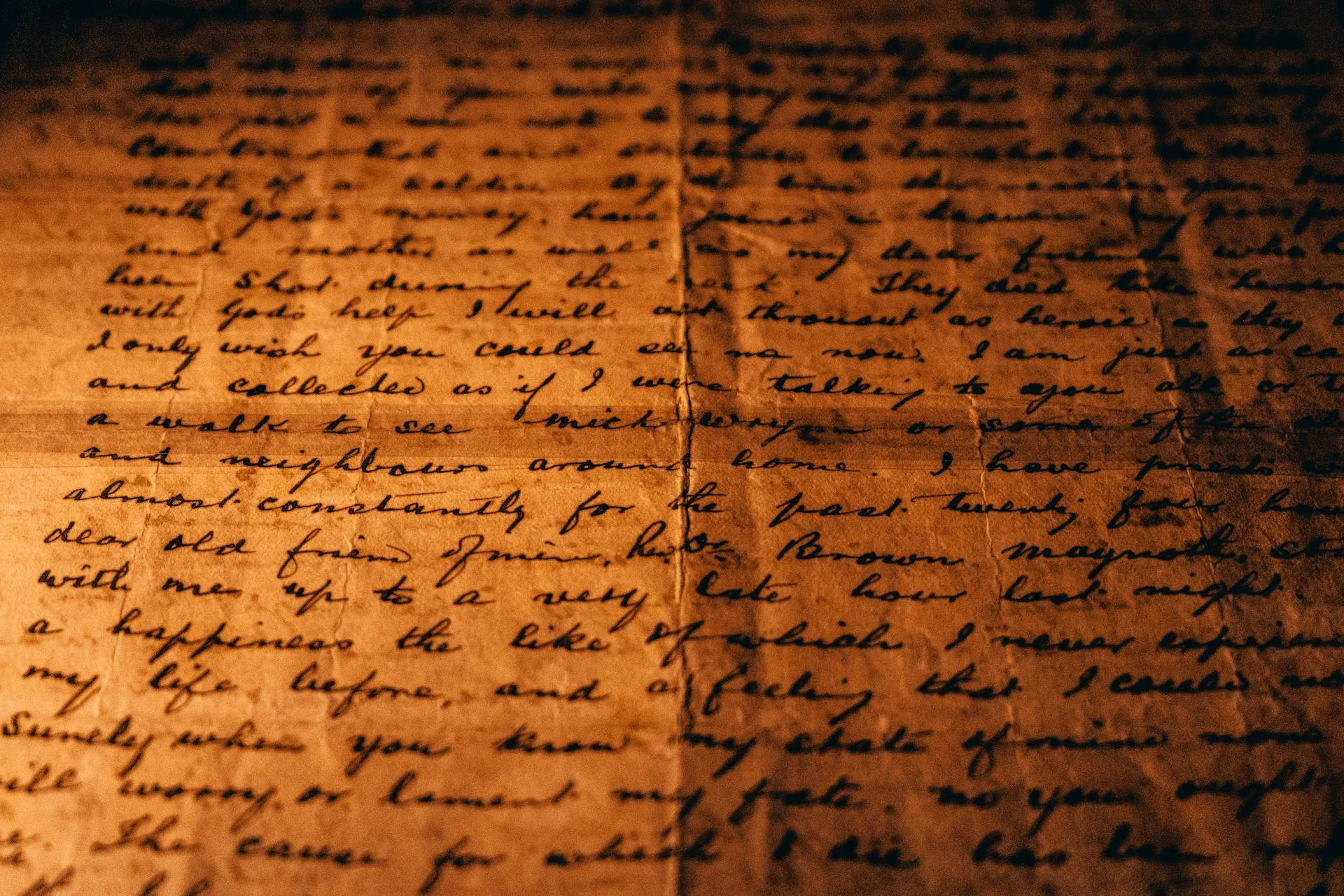Rediscovering America’s Past: Join the Citizen Archivist Movement
Imagine holding a piece of history in your hands, a document penned by a Revolutionary War veteran or a widow petitioning for her husband’s pension. These handwritten records are more than relics; they are portals into the lives of those who laid the foundation of the United States. Yet, millions of these documents remain hidden, written in cursive—a style of writing that is vanishing from modern literacy.
To celebrate America’s 250th anniversary, the National Archives has launched the Citizen Archivist project, inviting volunteers to transcribe and digitize these historical treasures. This initiative not only preserves these invaluable documents but also sparks a revival of cursive handwriting, which is slowly regaining its place in classrooms.
The project isn’t just about preserving history—it’s about making it accessible, engaging, and participatory for everyone.
The Revolutionary War Pension Project: A Time Machine in Text
One of the flagship initiatives of the Citizen Archivist project is the Revolutionary War Pension Project, a collaborative effort between the National Archives and the National Park Service. This ambitious program aims to transcribe over 2.3 million pages of pension files from America’s first veterans and their widows.
These pension documents offer a rare glimpse into the lives of the nation’s earliest patriots. Initially, pensions were reserved for Continental Army soldiers under George Washington’s command, but later acts extended benefits to militia members and widows. The records reveal deeply personal stories of sacrifice, resilience, and survival during and after the war.
To date, more than 4,000 volunteers have helped transcribe over 80,000 pages, with thousands of records now fully digitized. These efforts are a testament to the power of collective action in preserving history for future generations.
Why Cursive Matters More Than Ever
One of the unexpected barriers to accessing these documents is cursive handwriting itself. Once a cornerstone of education, cursive has taken a backseat to typing skills in recent decades. As a result, many Americans today struggle to read handwritten historical documents.
However, there’s a growing movement to bring cursive back. States like Arizona and California have passed laws mandating cursive instruction as part of the English curriculum. According to a report by Smithsonian Magazine, educators argue that cursive not only improves fine motor skills but also fosters a deeper connection to historical texts.
Reintroducing cursive into schools aligns beautifully with the goals of the Citizen Archivist project. By transcribing these documents, volunteers not only preserve history but also rekindle the art of cursive writing, bridging the gap between past and present.

How You Can Join the Movement
Participating in the Citizen Archivist project is simple and rewarding. Here’s how to get started:
Visit the Citizen Archivist Website: Explore the “missions” section to find collections that need digitizing, such as Revolutionary War pensions, World War II submarine patrol reports, or legal cases involving Native American tribes.
Choose a Document: Select a handwritten document that hasn’t been transcribed yet.
Follow Instructions: The National Archives provides clear guidelines to help you accurately transcribe and digitize the text.
This process isn’t just about typing words—it’s about connecting with the lives and stories of those who shaped America.
Beyond Revolutionary War Records: A Wealth of History Awaits
The Citizen Archivist project doesn’t stop at Revolutionary War pensions. Other collections include:
World War II Submarine Patrol Reports: Dive into the strategies and challenges of wartime naval missions.
Choctaw Nation Legal Cases: Uncover stories of resilience and justice in Native American history.
Civil War Records and Beyond: Broaden your understanding of America’s complex past.
Each collection offers a unique lens through which to view history, making this project a treasure trove for amateur historians, educators, and curious minds alike.
The Importance of Collaborative History
The Citizen Archivist project is a powerful reminder that history belongs to everyone. By participating, you become part of a broader movement to democratize access to historical records. Your efforts ensure that future generations can study these documents without barriers, gaining a deeper understanding of the struggles and triumphs that define America’s story.
Moreover, the project highlights the importance of collaboration between institutions and individuals. The partnership between the National Archives and the National Park Service exemplifies how shared goals can lead to groundbreaking achievements in historical preservation.
Why This Matters Today
As we approach America’s quarter-millennium, initiatives like the Citizen Archivist project take on added significance. They remind us of the sacrifices made by those who fought for independence and the enduring value of their stories. In an era of digital convenience, transcribing these handwritten records is a labor of love that connects us to our roots.
Furthermore, the revival of cursive instruction in schools underscores the importance of preserving traditional skills in a rapidly changing world. By learning to read and write in cursive, today’s students gain access to a wealth of historical knowledge, ensuring that the past remains a vibrant part of the present.
Join the Citizen Archivist Movement Today
The Citizen Archivist project is more than a transcription initiative—it’s a call to action. Whether you’re a history buff, an educator, or simply someone looking for a meaningful way to give back, this project offers a unique opportunity to make a difference.
Visit the Citizen Archivist website today, pick a document, and start transcribing. Together, we can bring history to life and ensure that the stories of America’s first patriots are never forgotten.





Is it true that cursive writing isn’t taught anymore?